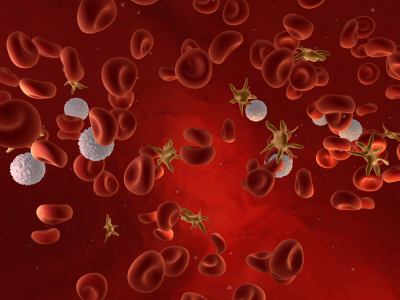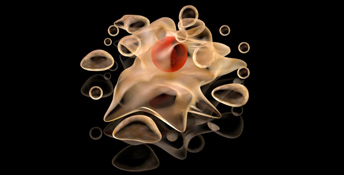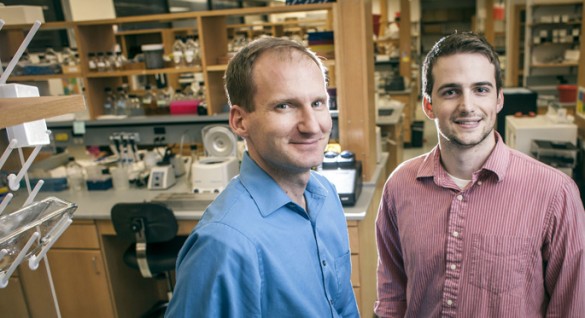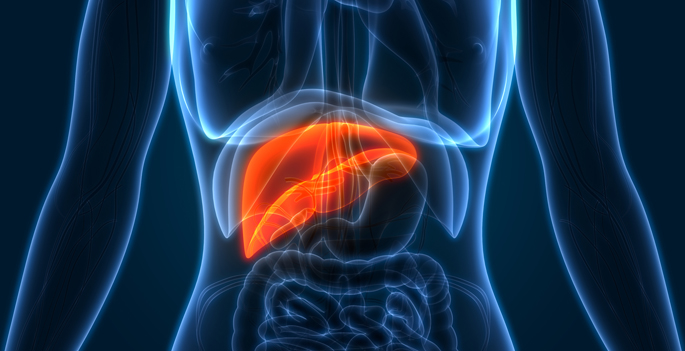
Hematopoietic stem cells (HSCs), which maintain the blood system for an organism’s entire lifetime, are highly vulnerable to DNA damage from environmental toxins, radiation and collateral damage from normal cellular processes. Mechanisms that protect against this damage are vital to maintaining proper HSC function and preventing tumors.
Sandra Zinkel, M.D., Ph.D., assistant professor of Medicine, and colleagues investigated the role of Bid, a protein known to promote cell death, on the response of HSCs and more differentiated progenitor cells to chronic, chemically-induced DNA stress. They found that, in normal mice, repeated DNA stress increased both cell populations. In mice lacking Bid, the chronic stress increased DNA damage and cell death in progenitor cells. Over time, these Bid-deficient mice were unable to maintain normal hematopoietic stem cell function.
The results, reported in the October issue of Cell Death and Differentiation, suggest that Bid has a role in maintaining genomic integrity after DNA damage in hematopoiesis and confirms a “pro-survival” role for this protein.
The research was supported by grants from the National Heart, Lung and Blood Institute (HL088347) and the National Cancer Institute (CA068485) of the National Institutes of Health, Gabrielle’s Angel Foundation, Sidney Kimmel Foundation for Cancer Research, and the American Cancer Society.















